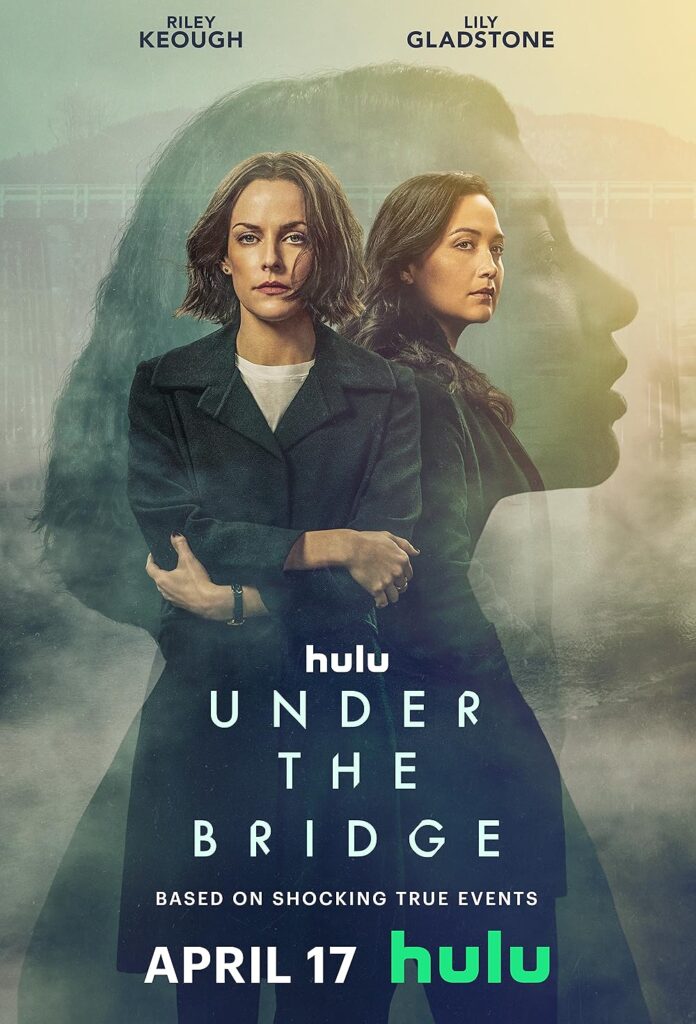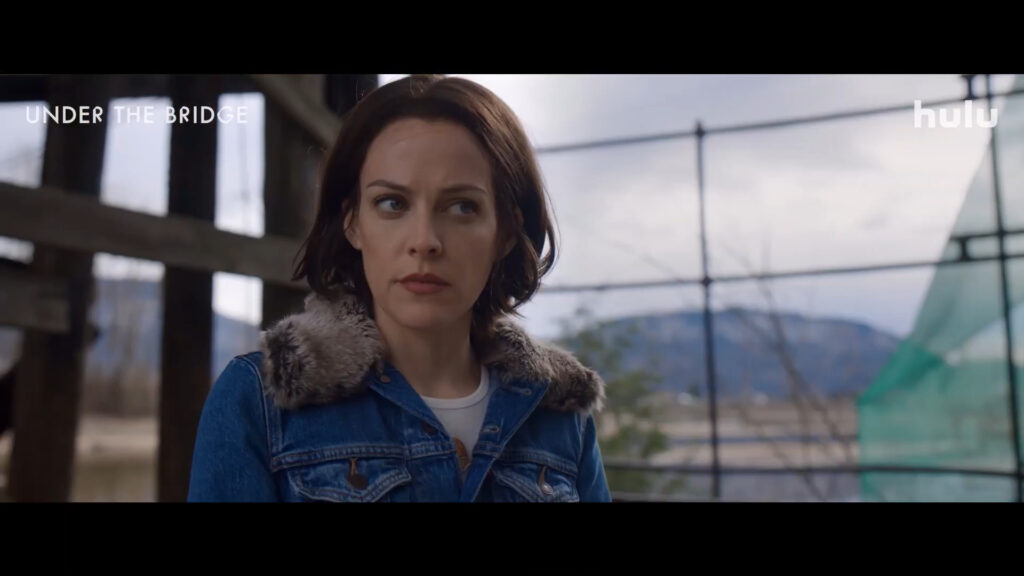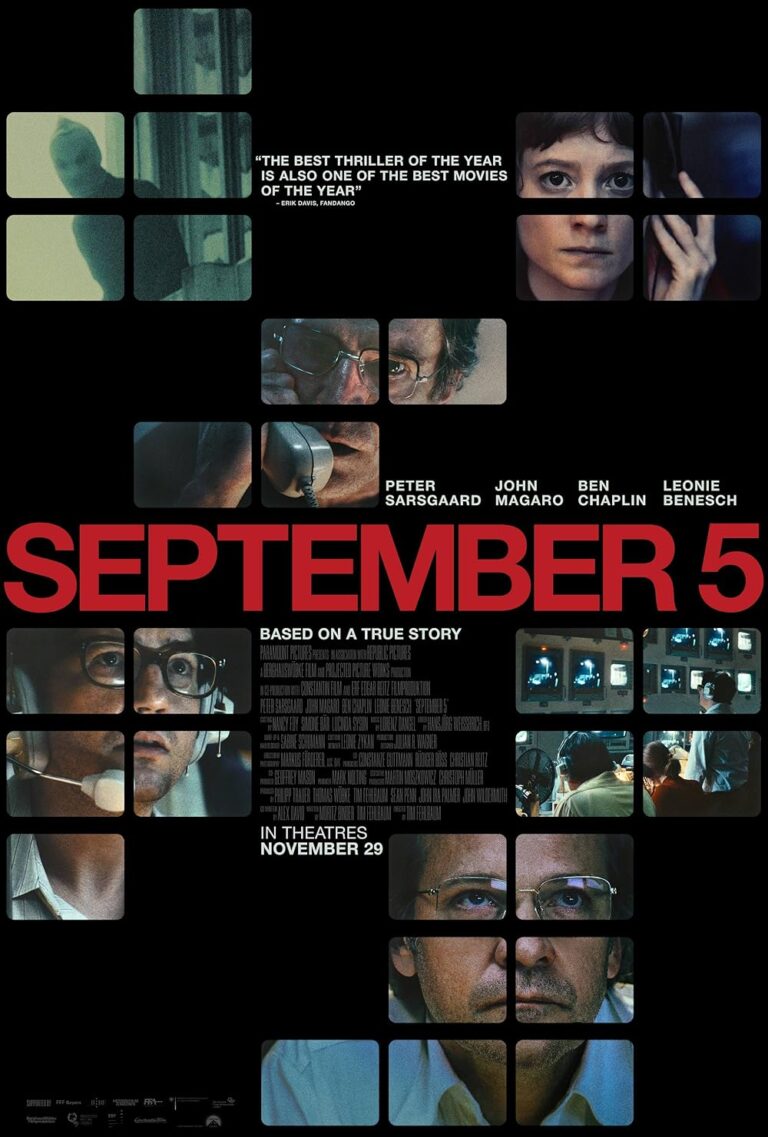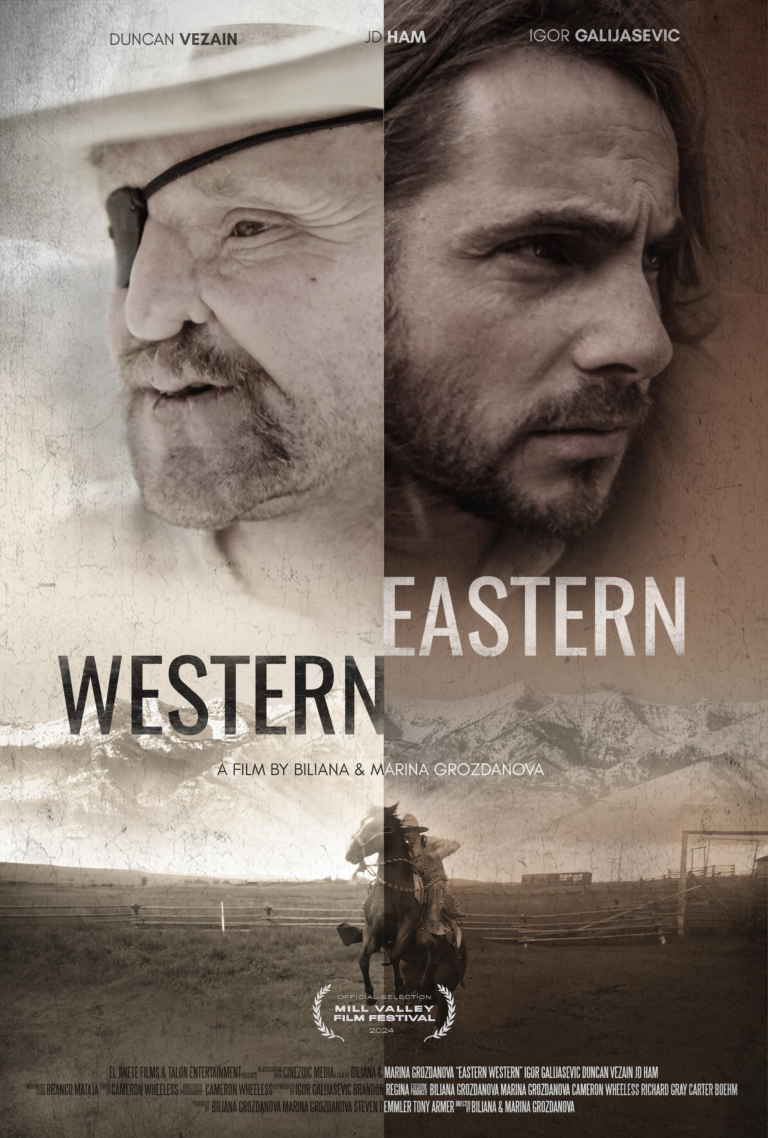Under the Bridge Christian Review

“Under the Bridge” is not just another piece of the crime drama genre. It tells an in-depth and melancholic story of the death of Reena Virk, which tragically occurred in 1997. This gruesome murder case, located in Victoria, British Columbia, awarded the series a narration of tapestries on teenage struggles, societal failings, and the search for justice amidst profound loss.
Capturing Human Complexity
What really strikes me about “Under the Bridge” is that it humanizes everybody. Reena Virk is not just a victim in this story; she is a person described as the struggle under pressures, of her Jehovah’s upbringing, of fitting in and wanting to belong, and of errors that every adolescent is destined to make. It is a powerful reminder, deep at its core, to a community that every single life is worthy of empathy, even under tragic circumstances.
The series does not even whitewash the imperfections of the characters it creates. It underlines how the societal structures, peer influences, and personal choices converge to create the perfect storm, which all end in Reena’s untimely death. Such an insightful series of happenings propels us further to realize that there are more underpinnings playing about each issue of human nature, sin, and consequences of action.
Themes of Sin and Redemption
“Under the Bridge” is powerful from a Christian point of view because it provides some serious reflections on sin and redemption. It raises some salient questions about the ways in which our world is broken and, more importantly, about the ways in which young people who are at the prime of their lives fall because of missed opportunities that could have saved them. It urges the viewer into the questions of justice, mercy, and what it means to have to be restored in view of the deep loss.
The series does not have an overly simple origin. It simply welcomes us into the mess of cruel realities, making justice seem so far away and healing tied to causes that are onerous. Following characters such as Rebecca Godfrey and Cam Bentland has us grapple with the feelings of guilt and grief looking for meaning in the hollow feeling of pain. They see reflections of their stories in some way and in some way are mirrored in our own experiences as human beings—grappling with responsibility and the quest for justice in a fallen world.

Characters and Performances
The strength of “Under the Bridge” lies in its characters and performances. The cast of young actors deliver performances that make their acting seem so deep and genuine. Lily Gladstone and Chloe Guidry really won the film, truthfully delivering so many raw emotions and so many complicated characters all at once.
Especially in the case of the humanly portrayed Josephine Bell, done by Guidry, who defines very character of the troubled teenager—repelling us with their actions and yet drawing us inevitably to an understanding fuller of the motivation for such behavior—this is a look at that brokenness which can look into destruction and remind us of the call for compassion and understanding even toward those making seriously bad mistakes.
Gladstone also gives an equally powerful performance in the character of Cam Bentland. Written into the story is a cop haunted by personal demons, while at the same time trying to reconcile professional crises at work. Cam Bentland is in a constant struggle brought forth with subtlety and sensitivity by the actor in portraying the inner conflicts of his character. His story echoes issues of justice, truth seeking, and searching—the very same things that the heart of the Christian embryo holds dear about integrity or rightouseness.
Manipulating Complicated Plots
“Under the Bridge” nimbly navigates through complex narratives. Briskly, it intertwines past and present, personal and social dimensions, into an all-encompassing quilt—the events surrounding Reena’s murder. The series conducts a deep investigation of the background characteristics of the victim and those of the criminals, Smarty and Atwal—all challenging the audience to reconsider very uncomfortable truths about human nature and those societies and/or structures within.
The story is not sensational; it attempts to clarify the contributing factors. It is a sobering reminder of sin and the far-reaching impact of our actions, with Christian teachings on moral responsibility and the need for repentance.
Conclusion: A JOURNEY OF THOUGHT
In conclusion, “Under the Bridge” gazes more into the human experience beneath the surface line. It is more than a crime drama but a reflection on undertones of sin, redemption, and the complications of life in a crooked world. With the Christian audience, it would compel one to contemplation of the themes: justice, mercy, and the ultimate pursuit of truth, even when it means facing tragedy.
Yet, through potent performances, understated storytelling, and touching musings, “Under the Bridge” is a work that frames so many of such stories beyond the headlines, confronting us with the humanity behind each storyline. It is a series that makes a moral call toward empathy, reflection, and asking deeper queries about who we are against the creation of a more just and compassionate society.






